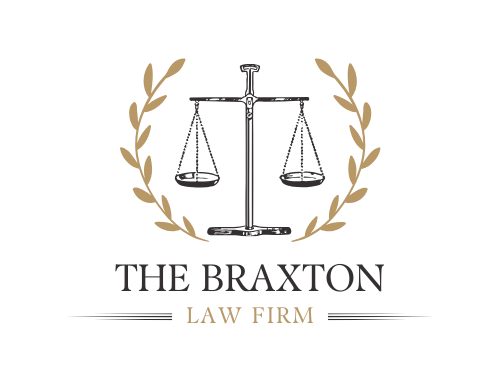What Is Criminal Law?
Criminal law is the area of law that defines what conduct is considered a crime and establishes the procedures and penalties for those who violate these laws. Its purpose is to maintain public order, protect individuals and property, and uphold justice by holding offenders accountable for their actions.
Unlike civil law, which typically involves disputes between private parties, criminal law involves the government prosecuting an individual or organization accused of breaking the law. The outcome can include fines, probation, community service, or imprisonment—depending on the severity of the offense and the circumstances of the case.
Types of Criminal Offenses
Criminal offenses are generally categorized into three main types:
- Infractions: Minor violations such as traffic tickets or city code violations, usually punishable by a fine.
- Misdemeanors: Less serious crimes like petty theft, simple assault, or first-time DUI offenses, which can result in fines, probation, or up to one year in jail.
- Felonies: Serious crimes such as robbery, aggravated assault, drug trafficking, or homicide, often carrying significant prison sentences and long-term consequences.
How the Criminal Justice Process Works
A criminal case typically begins with an investigation and arrest, followed by formal charges filed by a prosecutor. The accused then appears in court for an arraignment, where they are informed of the charges and enter a plea. Depending on the case, there may be plea negotiations, pretrial hearings, or a trial. If found guilty, sentencing follows; if acquitted, the charges are dismissed.
Throughout this process, defendants have important constitutional rights—such as the right to remain silent, the right to an attorney, and the right to a fair trial. These rights are designed to ensure that every individual is treated justly and that guilt must be proven beyond a reasonable doubt.
The Importance of Legal Representation
Because the consequences of a criminal conviction can be severe—impacting employment, housing, and personal freedom—legal representation is essential. A defense attorney helps protect the accused’s rights, challenges the evidence, and works toward the best possible outcome, whether that means negotiation, dismissal, or acquittal at trial.
